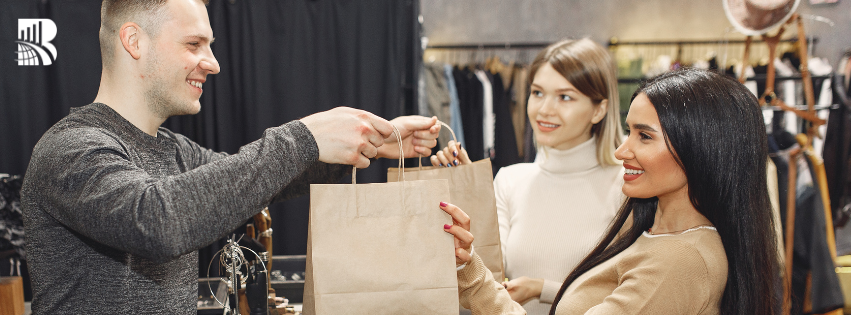Recent Posts
Categories
Archive
- April 2025
- March 2025
- February 2025
- December 2024
- November 2023
- October 2021
- August 2021
- July 2021
- April 2021
- March 2021
- February 2021
- January 2021
- December 2020
- November 2020
- October 2020
- September 2020
- August 2020
- July 2020
- June 2020
- May 2020
- April 2020
- March 2020
- February 2020
- January 2020
- December 2019
- November 2019
- October 2019
- July 2018
- June 2018
- May 2018
- April 2018
- March 2018
- February 2018
- January 2018
- December 2017
- November 2017
- July 2017
- June 2017
- May 2017






RETAIL TECHNOLOGY TRENDS IN 2020
With only 29 shopping days left until Christmas Day, consumers are buying at brick-and-mortar stores, but still do most of their product research online. Moving into 2020, retailers have the opportunity to go a step further and leverage data-driven and digital technologies to elevate the customer experience in more meaningful ways. Read more
HOW BRICK AND MORTAR STORES ARE MAKING A COMEBACK
For years now, traditional retail stores have been under attack. Consumers love the convenience and selection of shopping online, leaving brick-and-mortar stores to be du
bbed a dying breed. But smart brick-and-mortar stores are undergoing a major transformation to keep up with the times. Read more
3 WAYS TO TURNAROUND NEGATIVE CUSTOMER EXPERIENCES
Great customer service goes beyond fixing an appliance or handing out discounts. It’s about leaving people with a good feeling about your business. But even the most successful of businesses have failed the customer at some point. Read more